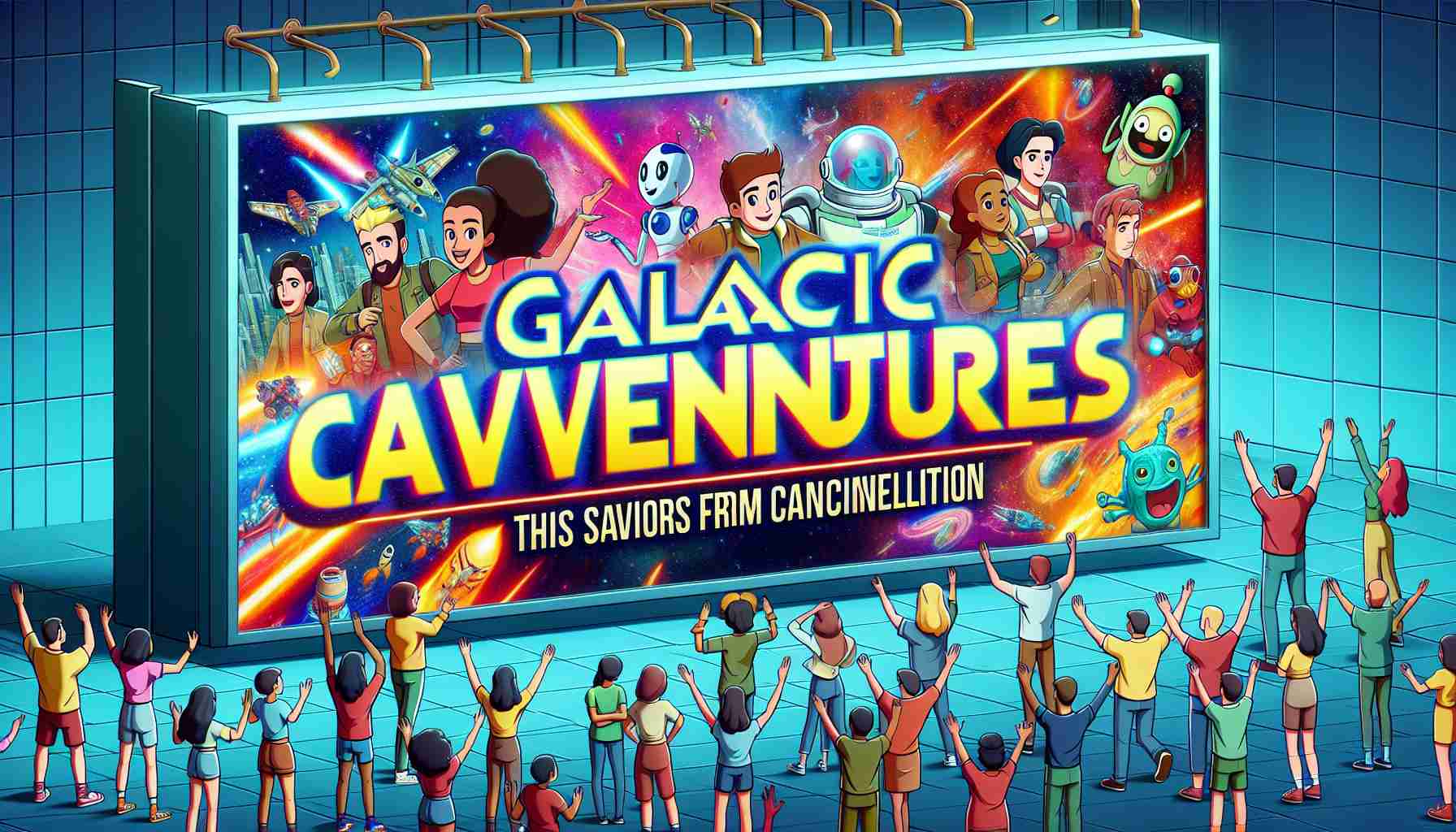In a recent online conference, Nobel Prize-winning physicist John Hopfield shared startling perspectives regarding the rapid advancements in artificial intelligence (AI). At 91, Hopfield, a pivotal figure in developing machine learning techniques, remarked on his unease with AI technologies transcending human comprehension.
Hopfield, alongside Geoffrey Hinton, another Nobel laureate in physics, acknowledged the remarkable achievements in AI but expressed concern about the intertwining of AI with global information systems. He articulated fears about a potential erosion of individual autonomy as this technology continues to grow. He described a reality where intricate algorithms, which are not fully understood, could govern major systems in society, reminiscent of George Orwell’s dystopian vision in “1984.”
Hopfield drew a parallel between modern AI and a fictional substance called “ice-nine” from Kurt Vonnegut’s novel “Cat’s Cradle.” This metaphor illustrates the uncontrollable and pervasive nature of advanced AI, highlighting the risk posed if its mechanisms are not comprehended. He cautioned against assuming that we can coexist peacefully with a technology that surpasses human capabilities.
In addition, Hinton emphasized the need for significant research to address the potential survival threats posed by AI, reinforcing the sentiment that understanding AI’s trajectory is crucial for humanity’s safety. Both scientists advocated that big tech companies intensify their efforts in regulating AI to avert unforeseen consequences.
Understanding AI: Tips, Life Hacks, and Interesting Facts
As we navigate through the rapidly evolving landscape of artificial intelligence (AI), it’s increasingly important to equip ourselves with knowledge and strategies to thrive in this new era. Here are some tips, life hacks, and fascinating facts that can help you better understand AI and its implications for our future.
1. Stay Informed About AI Trends
Keeping up-to-date with the latest advancements in AI is essential. Subscribe to reputable tech journals, blogs, or podcasts that focus on AI. Websites like MIT Technology Review offer deep insights into emerging AI technologies and their societal impacts.
2. Understand the Basics of Machine Learning
Even a basic understanding of how machine learning works can demystify much of AI. There are many free online courses available from platforms like Coursera and edX that can introduce you to the concepts in a straightforward manner.
3. Practice Critical Thinking
In a world where AI makes decisions influencing our lives, critical thinking and skepticism are vital. Always question the sources of information and the algorithms behind AI recommendations. Not everything that AI suggests is based on truth or fairness.
4. Explore AI Ethics
Learning about AI ethics can provide you with a strong framework for understanding the moral implications of technology. Engaging with this topic can help you assess the potential risks and benefits of advancements in AI. Resources from organizations such as the Electronic Frontier Foundation can be incredibly insightful.
5. Engage with the Community
Join forums or local meet-ups where individuals discuss AI technology and its future. Many cities offer tech meet-ups that could provide networking opportunities and personal insights into the field.
6. Experiment with AI Tools
There are numerous AI-driven tools and applications available for personal or professional use. Trying out AI writing assistants, image generators, or automated scheduling apps can help you understand their functionality and limitations.
7. Raise Awareness about AI Risks
Discussing the potential risks of AI with friends and family can broaden the conversation about AI safety. Encourage those around you to think about how AI could affect their daily lives and society as a whole.
8. Utilize Productivity Tools
AI can boost productivity if used wisely. Tools like task automation software can streamline your workflow. Look for applications that employ AI to simplify repetitive tasks, allowing more focus on critical thinking and creative work.
Interesting Fact: The Origin of “Artificial Intelligence”
Did you know that the term “artificial intelligence” was coined in 1956 by John McCarthy at the Dartmouth Conference? It marked the beginning of AI as a field of study and has since transformed remarkably, from rule-based systems to today’s advanced machine learning algorithms.
As AI continues to advance, the importance of understanding its workings and impacts cannot be overstated. By staying informed and engaging with the community, we can better navigate the balance between leveraging its benefits and mitigating risks.
For more insights into technology and its implications, visit Tech Times for updated news and expert opinions.






















